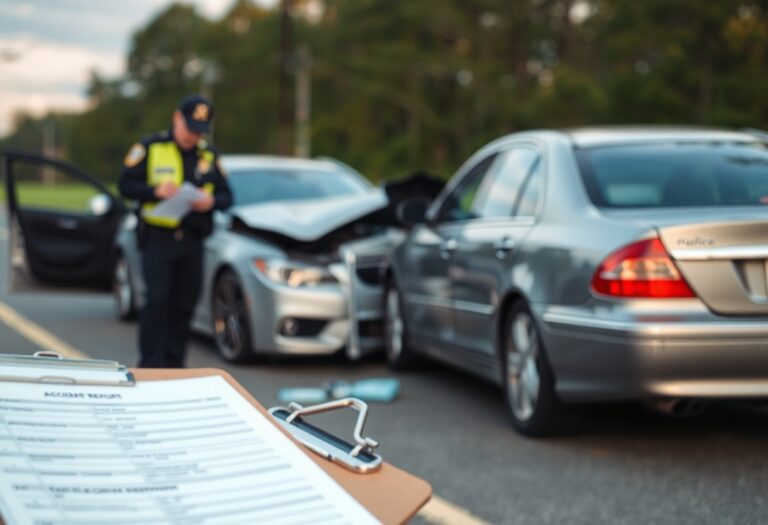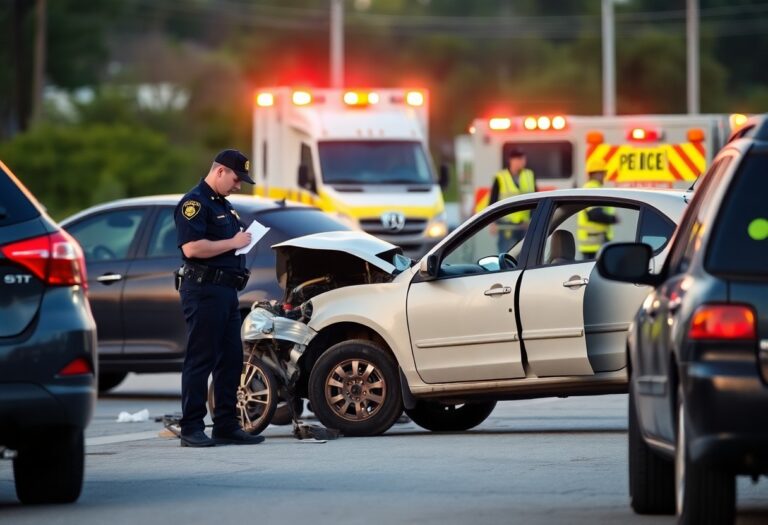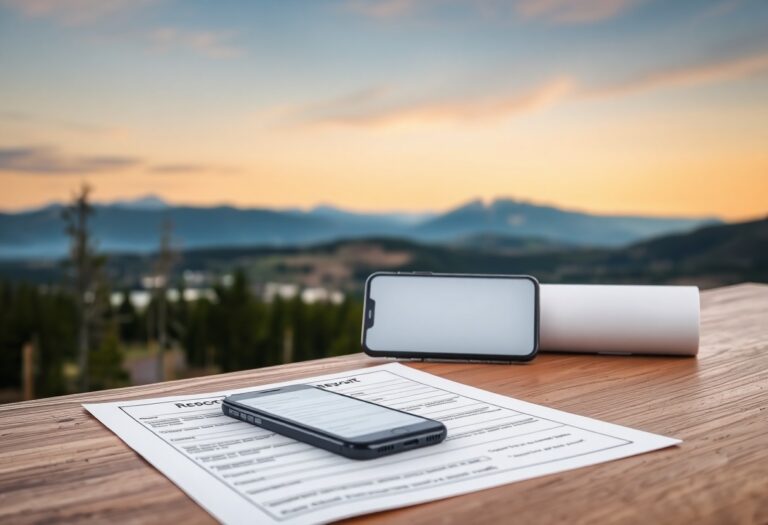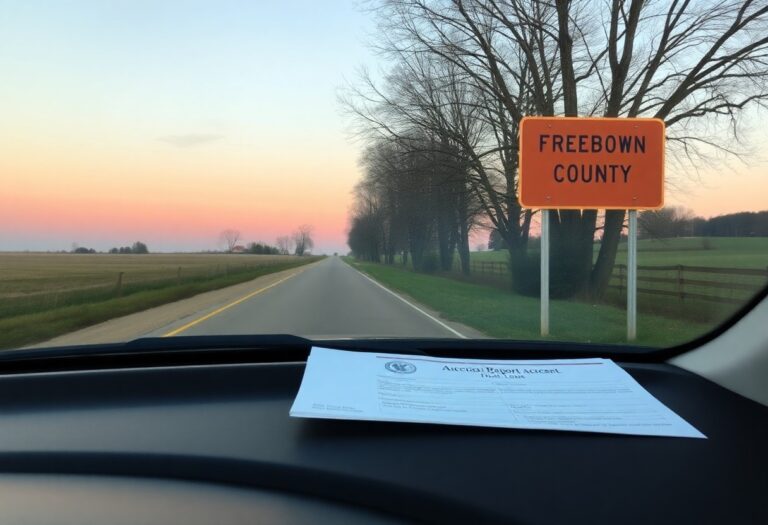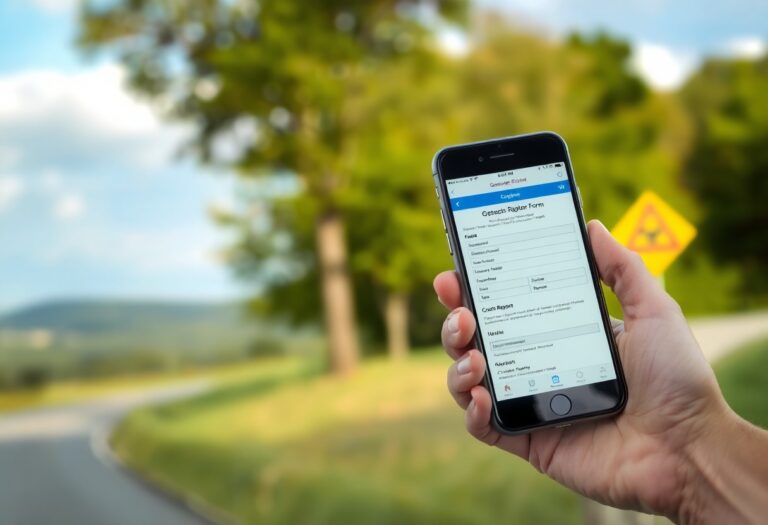Over the years, obtaining a crash report in Henry County, Virginia has become a streamlined process that ensures you have access to important information after an accident. If you’ve been involved in a collision, finding your report is vital for insurance claims, legal matters, or simply to understand the circumstances surrounding the event. This guide will walk you through the steps to locate your report quickly and efficiently, allowing you to focus on recovery rather than paperwork.
The Importance of Crash Reports for Victims and Insurance Claims
Crash reports serve as an imperative record for victims seeking justice and compensation. These documents provide a detailed account of the accident, including contributing factors, involved parties, and potential liabilities. By having this official record, victims can build a stronger case for their claims, ensuring they are adequately compensated for damages and injuries sustained during the incident.
How Crash Reports Aid Legal Processes
Legal processes can be complex, but crash reports simplify the situation by acting as an unbiased account of the incident. This documentation helps your attorney establish fault, making it easier to pursue necessary legal action. It also serves as vital evidence in cases where accountability is disputed, which can significantly impact the outcome of your case.
The Role of Crash Reports in Insurance Investigations
Insurance companies rely heavily on crash reports to assess claims accurately. These documents contain crucial information, such as witness statements and traffic conditions, that can determine coverage and payout amounts. Without a crash report, you could face delays or disputes in the claims process, jeopardizing your ability to receive timely compensation.
In insurance investigations, crash reports are examined in detail to identify the specifics of the accident. Insurance adjusters use this information to analyze liability and damage claims effectively. For instance, if the report indicates that a driver was speeding or violated traffic signals, it strengthens your case significantly. The inclusion of diagrams and photographs in some reports can further clarify the circumstances, assisting both you and your insurance provider in reaching an equitable resolution. Accurate, thorough crash reports can expedite the process, helping you get back on your feet after an unexpected incident.
Navigating the Bureaucracy: Where to Request Your Crash Report
To locate your crash report in Henry County, you’ll need to directly connect with the appropriate department handling accident records. Typically, reports are managed by the Henry County Sheriff’s Office or the local police department that responded to the incident. You can visit their respective websites or go in person to request a copy. Some jurisdictions allow for an online request through their official portals, streamlining the process for you.
Understanding the Request Process in Henry County
The request process for a crash report in Henry County requires you to provide pertinent details, such as the date and location of the incident, your contact information, and any report or case number you may have. Once submitted, this information helps law enforcement track down your report efficiently. You can submit your request by mail, fax, or in person depending on the department’s preferred methods.
Fees and Timeline for Obtaining Your Report
Obtaining your crash report may involve minimal fees, typically around $10, depending on the regulations in place. The time frame for receiving your report can vary; you could receive it on the same day or it may take several business days if further processing is needed.
While you may pay a nominal fee, it’s advisable to confirm the exact amount when initiating your request, as it can differ based on the report’s complexity or department policies. Additionally, processing times can range based on their workload—be prepared for possible delays if it’s a busy period for law enforcement or if your report requires further review. Ensuring you provide accurate and complete information from the start can help expedite the process considerably.
Key Elements to Look for in Your Crash Report
Your crash report contains vital information that can impact insurance claims, legal proceedings, and your personal records. Pay attention to the date, time, and location of the incident, as well as the names and contact information of all parties involved. Additionally, ensure that the descriptions of the vehicles, injuries, and damages are accurate, as these details can significantly influence the outcome of your case.
Critical Information You Must Verify
Check for accuracy in the names of involved parties, the exact location, and the insurance policy numbers listed on the report. Additionally, verify the descriptions of the vehicles and any listed damages, as discrepancies can complicate claims or legal matters.
Common Errors to Watch Out For
Errors in crash reports often lead to confusion and complications. Look out for incorrect personal details, such as misspelled names or wrong license plate numbers. Inaccuracies in the stated circumstances of the accident and the total number of vehicles involved can also create headaches for you when dealing with insurance companies or other parties.
In some cases, crash reports may state that the incident involved multiple vehicles when you were driving a single vehicle, or they might misrepresent the sequence of events—this could mean a missing detail about the weather conditions or road signs. By carefully reviewing these elements, you can catch mistakes early before they snowball into larger issues affecting claims, traffic citations, or your driving record. If something looks off, follow up with the reporting officer or your insurance provider to correct it expeditiously.
Utilizing Your Crash Report to Strengthen Your Case
Your crash report serves as a foundational document that can significantly bolster your case, providing clear evidence regarding the circumstances of the accident. By analyzing details such as timelines, witness statements, and diagrams, you can construct a compelling narrative that supports your position. This information is not only useful for insurance claims but also for any potential legal actions that may arise from the incident.
Strategies for Presenting Your Report to Insurance Adjusters
Presenting your report to insurance adjusters effectively can enhance your chances of a favorable claim settlement. You should highlight key details from the report, such as the police officer’s conclusions on fault and any corroborating witness accounts. Being prepared to present this information in a concise and organized manner demonstrates professionalism and can help in negotiating a higher settlement.
How to Leverage Findings in Legal Proceedings
Leveraging your crash report in legal proceedings involves using the document to establish liability and support your claims for damages. The report’s objective data can substantiate your version of events, especially when combined with witness testimonies and expert opinions. This comprehensive approach can strengthen your case and potentially influence the court’s decisions.
In legal contexts, your crash report can serve as a critical piece of evidence that establishes the facts of the accident. For example, if the report indicates that the other party was cited for a traffic violation, this can directly implicate them in the accident’s causation. Presenting clear timelines from the report helps to outline the sequence of events, while details surrounding injuries, damages, and vehicle conditions can substantiate your claims for compensation. When you effectively utilize these findings, you create a robust case that is challenging for opposing parties to dispute, enhancing your chances for a favorable outcome.
Real Stories: How Crash Reports Made a Difference
Many individuals have reflected on the profound impact that crash reports have had on their recovery journeys. These reports often serve as official documentation that not only elucidate the events leading up to an accident but also help victims secure necessary medical care and compensation. From supporting insurance claims to being vital in court proceedings, crash reports can be the key to achieving justice and financial stability following traumatic incidents.
Victims Who Successfully Navigated the Claims Process
Individuals who meticulously leveraged their crash reports have seen significant improvements in their claims processes. For example, Jane Doe, a victim of a rear-end collision, obtained her crash report and used the details within to substantiate her claim, resulting in a settlement that covered her medical expenses and lost wages entirely.
Lessons Learned from Those Who Secured Justice
Victims have shared that thorough documentation, including obtaining crash reports, has been vital in holding negligent parties accountable. Many found that having a clear, factual account of the incident allowed them to present their cases more effectively, resulting in favorable settlements or verdicts.
Through shared experiences, it is evident that victims who approach their situations with a well-documented foundation, particularly using crash reports, significantly enhance their chances of achieving justice. For instance, those who actively sought legal counsel after obtaining their crash reports reported more favorable outcomes than those who navigated the claims process alone. You may find that building a comprehensive narrative backed by factual data not only helps in securing your rights but also instills confidence as you pursue compensation for your injuries or damages.
To wrap up
Upon reflecting on the process of obtaining your crash report in Henry County, Virginia, you will find that our services are designed to streamline this experience for you. By leveraging our expertise, you can easily navigate through the necessary steps, ensuring you receive your report efficiently and accurately. Your peace of mind is our priority, and we are committed to assisting you every step of the way, so you can focus on what truly matters after an accident.







